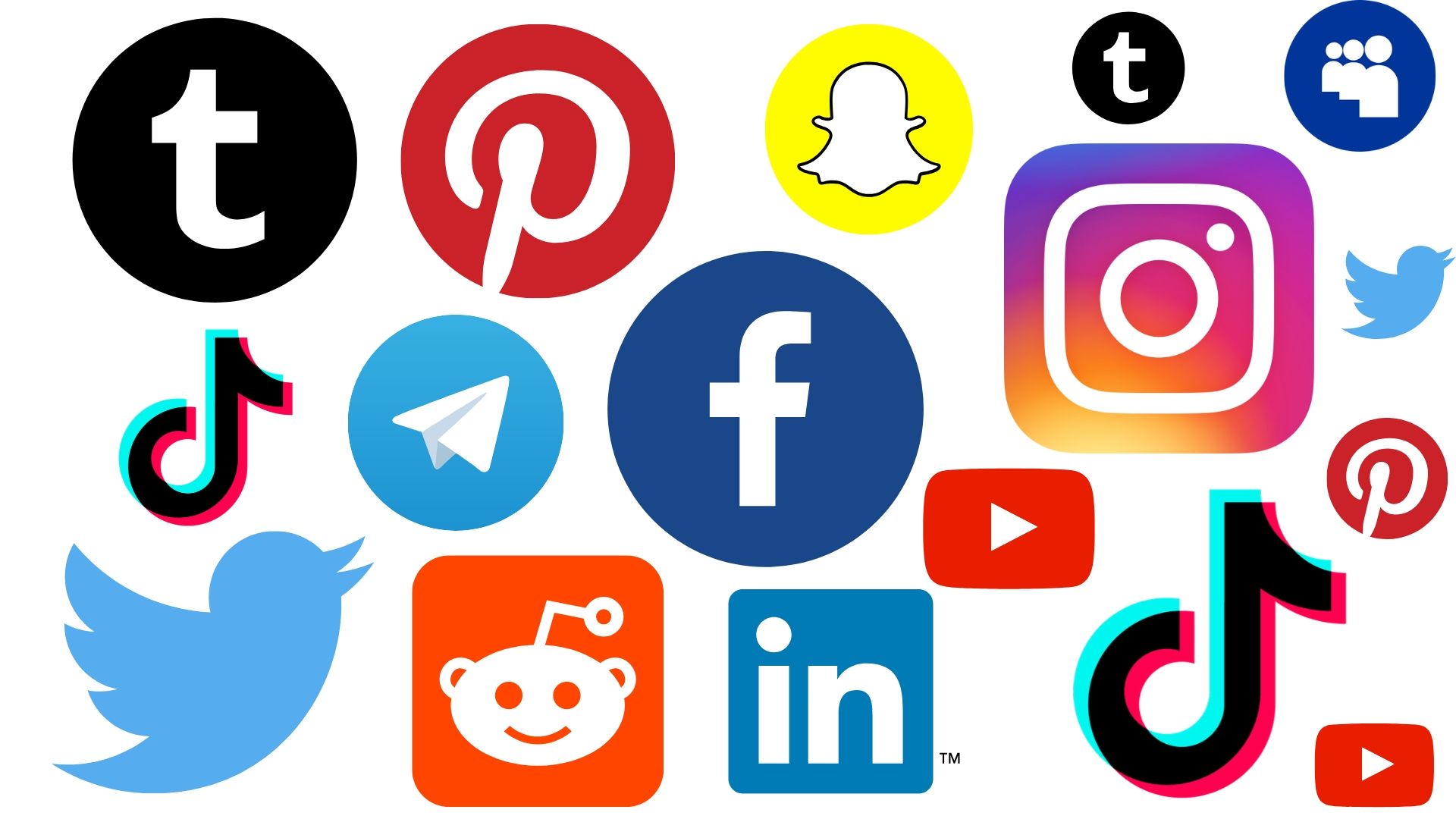Beyond Fact-Checking: Prebunking and the Future of Digital Information Integrity


The media plays a significant role in shaping our perception of the world around us. But how does it really affect us? In this article, we'll unravel the complex relationship between media and public perception, breaking down the evidence and offering insights that everyone can understand.
 |
| 📷source |
Have you ever noticed how news coverage can impact your opinions? It's no coincidence. Media can influence our beliefs and attitudes, often subtly. This phenomenon, known as media effects, is well-documented. It's essential to understand that what we consume through media can shape how we view the world.
▶️2m59s"Media Effects"
One way media exerts its influence is through framing. The way a story is presented can change its perceived importance or even its meaning. For example, framing a crisis as an "opportunity for growth" versus a "disaster" can lead to vastly different public reactions.
We tend to consume media that aligns with our existing beliefs, a phenomenon called selective exposure. It can create echo chambers, where we only hear viewpoints similar to our own. This selective exposure can reinforce existing beliefs and polarize society.
In this digital age, media literacy is crucial. It's the ability to critically analyse media messages and separate facts from biases. By promoting media literacy, we empower ourselves to navigate the information landscape more effectively.
 |
| 📷source |
Social media amplifies the media's reach and impact. It can spread both accurate and false information at lightning speed. Being mindful of the sources we trust on social media is vital in today's information-rich but often misleading environment.
 |
| Caption |
Media's effects on public perception are undeniable. As consumers, we have a responsibility to approach media with a critical mind. By understanding the power of framing, selective exposure, and the role of social media, we can navigate today's media landscape more effectively and make informed decisions that shape our perception of the world.
| 📷source |
Ready to navigate the media landscape with confidence? Explore our blog for more insights. Stay informed and empowered!
▶️MassCUE.org (53m18s)
Comments